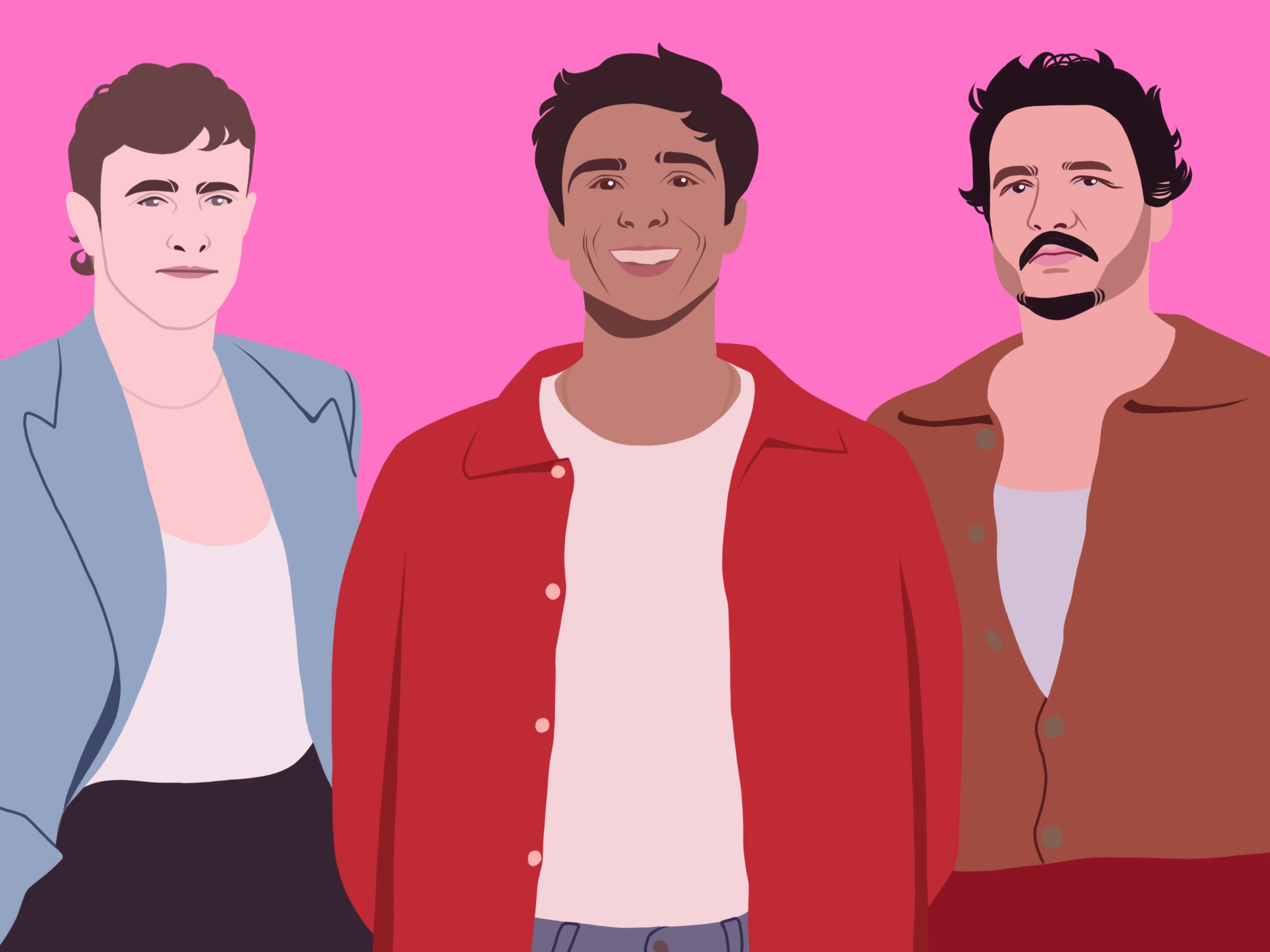In a promotional clip for last week’s episode of Saturday Night Live, comedian Bowen Yang and singer Reneé Rapp informed Jacob Elordi that he is “so babygirl,” much to Elordi’s confusion.
Internet fangirls have been dubbing celebrity men and fictional characters as “babygirl” for a couple of years now, but never did I think that I’d see one of today’s most popular actors use the term during an iconic late-night comedic program.

When we hear the word “babygirl,” we do not often think of such traditionally masculine-presenting people. That’s because the concept involves so much more than that. It’s a silly and lighthearted term, but that’s nothing new to internet culture.
Of course, looks play somewhat of a factor in its popularity, but the label means more than just being fangirls’ current “fave.”
As a 6’5” handsome Australian celebrity, Elordi has charmed not just fangirls, but audiences of all sorts with his talent in a variety of roles from “Euphoria” to “Saltburn.” Yet, outside of his work as a teen heartthrob, he sports a fascinating collection of purses and is a fan of glittery eye makeup, subverting the macho Hollywood male stereotype.
Although Elordi may seem to be the internet’s one and only “babygirl,” he is not alone. Actors such as Paul Mescal and Pedro Pascal have also been assigned the label in the past. Whether it be for their talent, quiet confidence, or notable style, they have caught fan’s attention and been embraced with the soft, gentle label.
“Babygirl” seemingly has no bounds. In essence, it’s a title given to men admired by the masses people. Occasionally, other proclaimed “babygirls” don’t quite fit the Elordi, Mescal and Pascal standard of what I like to call “babygirlism.”
For those who watch “Succession,” characters such as Kendall Roy are deemed “babygirls,” despite his moral shortcomings.
For example, Roy is a violent, mentally unwell and often absent father constantly struggling to measure up to his father’s expectations. Yet, somehow, fans have embraced these qualities as deserving of empathy and understanding — not like they would be in real-life men.
The metric for “babygirl” status seems to be unclear. 6 ‘5” Australian men are “babygirl.” Repressed and depressed fictional men are “babygirl.” Charming middle-aged actors are “babygirl.”
Whether “babygirl” status is a sign of attraction, admiration or sympathy depends on the case, making the term a confusing one.
Despite the lack of concrete qualifications to reach “babygirl” status, it’s clear these men are adored by television watchers, movie viewers and internet personalities alike.
If anything, I’m a fan of the rise of “babygirlism.” The way that people have embraced the term gives not just the male celebrities we assign it to, but all men, a chance to express themselves in more variable ways. It’s shown that a variety of men can be beloved by the masses and even lean into characteristics often seen as feminine, such as accessorizing and wearing your heart on your sleeve.
Though occasionally it leans into worrisome territory, the “babygirl” label is often one used to highlight a man’s positive qualities, particularly ones that make them stand out from the crowd.
I think we could all learn a thing or two from the fandoms of the internet and embrace the “babygirl” label. Ironically, a term with such a feminine ring may be the key in helping us develop a healthier picture of masculinity.



















































































































Kara Adley Saylor Schmitt • Feb 8, 2024 at 4:18 pm
Keep up the fantastic work!